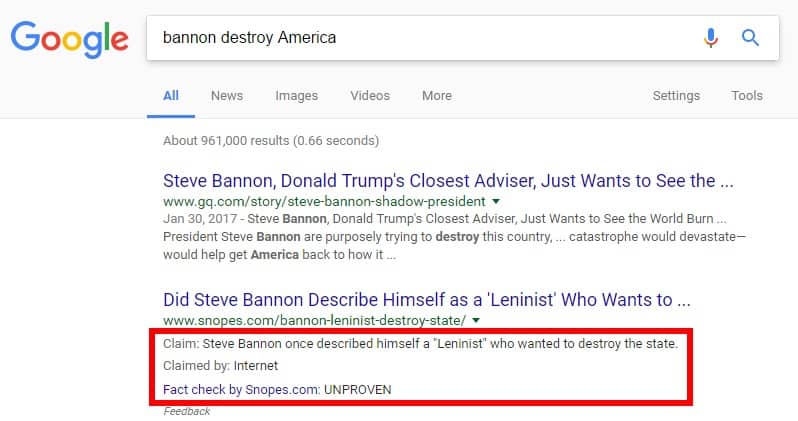Your feedback also matters.
What used to be an obscure term – limited to journalists and politicos – “fake news” and its consequences have now become a subject of global scrutiny after its supposed influence over the United States’ 2016 Presidential Elections.
News sites that post content that is misleading, or wholeheartedly made up by its creators, these “fake news” outlets made actual news across the world due to its effectiveness in convincing those that came across it. In the aftermath of the elections, many rallied for combat against this false content, and now Google has finally jumped on the bandwagon.
Google’s Take On The Battle Against Fake News
In a move to combat this rise of “fake news,” Google has announced a substantial change to its Search Quality Rater Guidelines which is used to assess the quality of the tech giant’s search results and for users to give feedback on its search engine.
Within the revised guidelines, Google has detailed what they consider “low-quality websites” that use “misleading information, unexpected offensive results, hoaxes and unsupported conspiracy theories” to spread false content.
Through this change in its guidelines, Google hopes to counter the rise of “fake news”, as the new quality control terms allow them to reduce the overall rankings of these websites. Moreover, the company is also adding supplementary means for feedback for its AutoComplete search bar feature. This feedback form will allow for users to signal the company if an “inappropriate” AutoComplete term is shown to users.
Google’s move to suppress “fake news” comes hot on the heels of Facebook’s own policy changes to combat this new phenomenon. In late 2016, Facebook allowed its users to flag stories that were “inappropriate” or untrue. They teamed up with independent fact-checkers to label the credibility of the news for users. If such a story was deemed to be proven to be fake by fact-checkers, the post would also be banned from promotion in the Facebook platform.
However, steps taken to combat “fake news” have been criticized by some in the Western media with arguments against it being the violation of freedom of speech. Despite so, the moves of Facebook and Google to combat misinformation must be looked at as a positive step against the rising threat of fabricated news stories. Whilst freedom of speech is an important aspect of a democratic society, there must be a moment where a line must be drawn. If the battle against deceitful content made to deceive its readers is that line, then I, for one, am all for it.






















